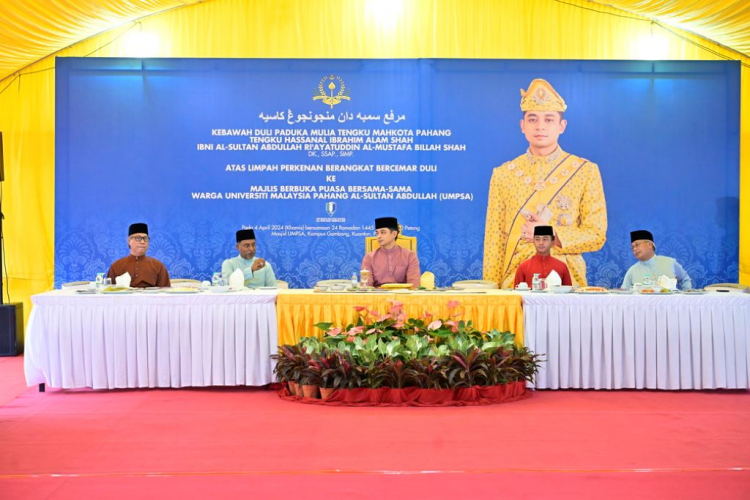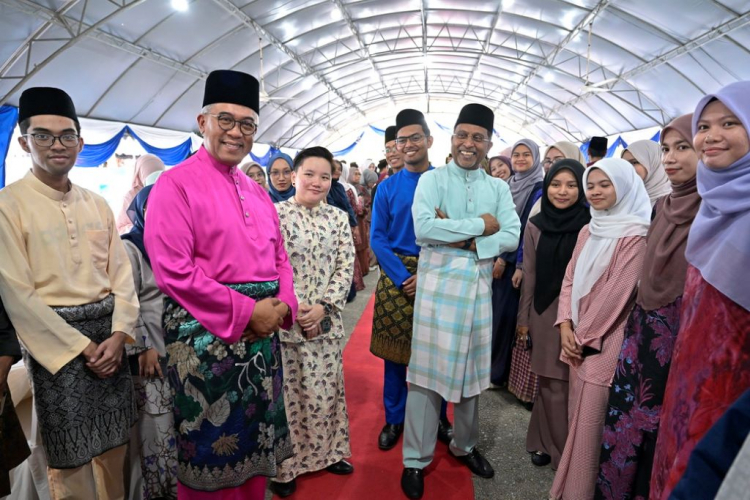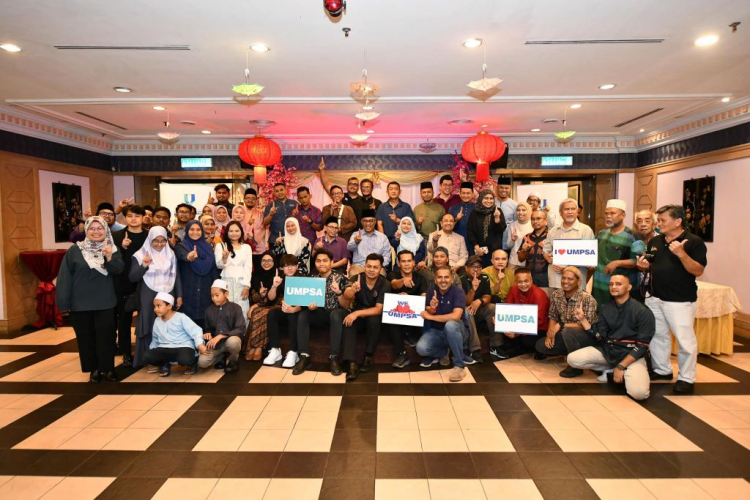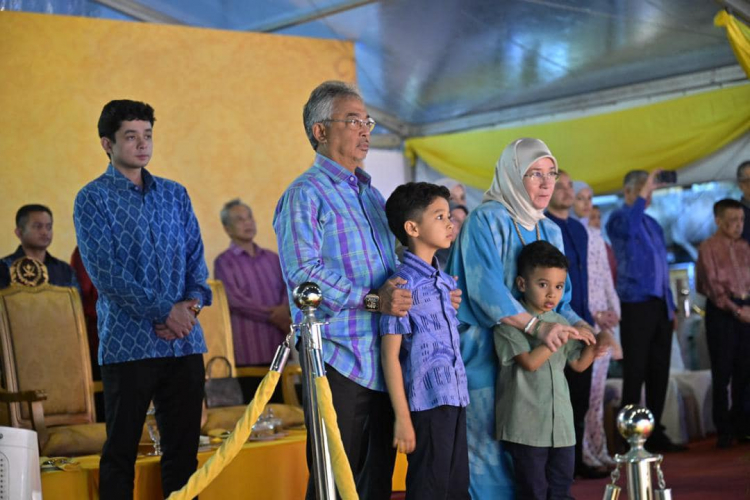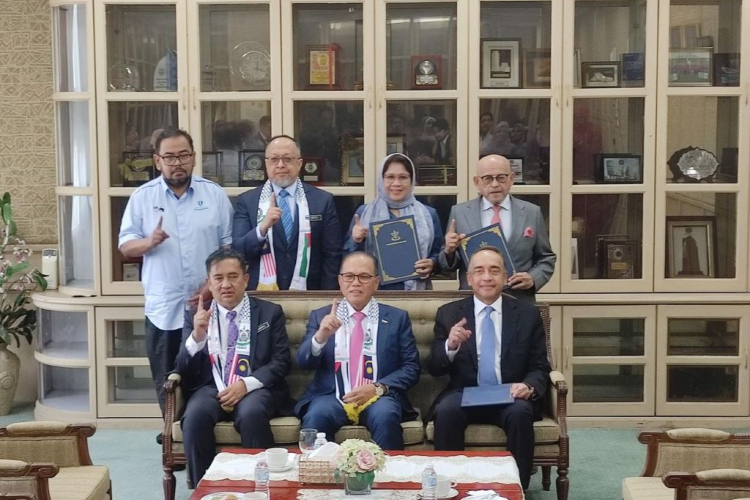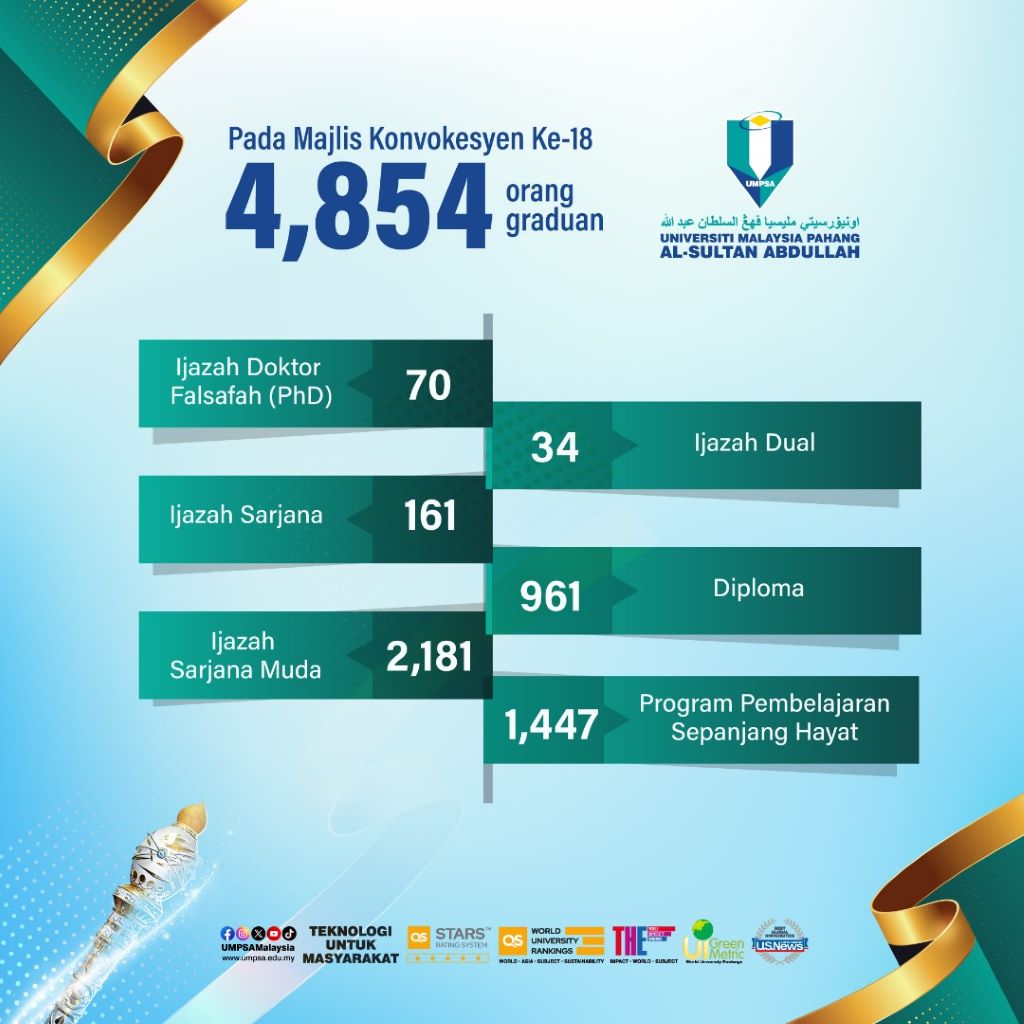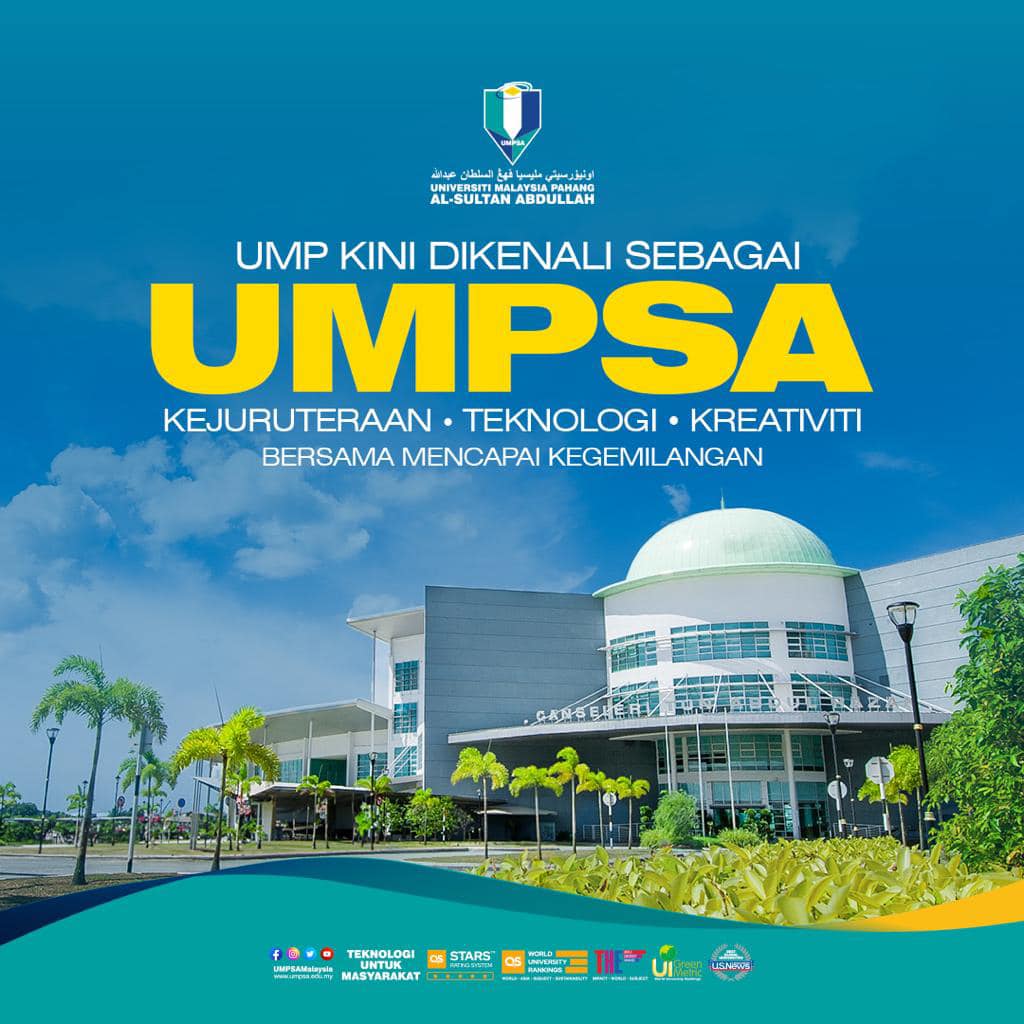Educators and Social Media; where do we draw the line?
At the age of burgeoning digital interface, the use of social media has greatly impacted the educational community of all strata; educators, administrators, students, parents and stakeholders. A new generation is growing up with social networks as an integral part of life. To name a few, Facebook, Twitter, Instagram are all examples of the latest crave for the Alphas. Generation Alpha, or the Alphas, are those who are born in the new millennial and have a significant ‘bond’ to the digital age. In short, they are digital natives. Malaysian educators too, are jumping on the bandwagon in full motion. Personal information that was once considered private is increasingly being shared online. The public sharing of information obscures the normal boundaries between educator and student and educator and colleagues. Novice teachers are especially defenceless to the consequences of posting personal, in-class information that may implicate them morally and professionally. So, these questions emerge. How well-versed are Malaysian educators to subjects like teacher-student confidentiality? Is the education community aware of the online do’s and don’ts? Is there a guideline for educators to address online conflicts? Is the social media the rightful channel to ‘share’ in-classroom situations?
Responsibility
Educating is a 24-7 job. An educator could never risk in lapses of judgement because it can adversely impact students, tarnish educators’ integrity or worse damage society’s trust in the education system and the profession. With this much responsibility at stake, the educators must build a strong sense of awareness and sensitivity to rising issues and circumstances they may be encountered in their daily contact with students, families and the society. It is safe to say that educators must consciously make ethical decisions in order to meet the ideal standards of ethics in teaching. Therefore, educators should pause and think twice before clicking post on social media. Pause and think whether the post can probably bring personal and public embarrassment, both to the educators and the students. In addition, there is always a risk of irresponsible editing with specific intention which may lead to misappropriate understanding of the message from its intended context.
Confidentiality
Educators are the frontliners depicted by the public to mirror the education system. Primarily seen to impart information and disseminate knowledge. For new millennial educators, their roles have gone far beyond the containment of their classroom walls. They are actual, walking and breathing rolemodels and are expected to require the highest ideals of professionalism. When social networking sites came into the picture, it has become a gift which carries along a steep learning curve for educators. The list includes information management, technical management, periodical monitoring of the social networking sites and many more. Some educators are also technologically challenged by the rapid growth of technology evolution within the last 20 years in Malaysia.
Most educators fail to comprehend the consequences and dangers of crossing the bounds of education confidentiality on social networks. Herewith, we must understand the meaning of confidentiality as it is understood differently across the community at large. The students’ personal records for example their final grades, attendance, punctuality, progress reports, soft skills evaluations can be considered as private. It is supposed to be kept as reference for the students (and parents) to be aware of their current/final achievements. To be publicly sharing this information to their circle of friends or followers can be perceived as morally wrong.
Contradicting scenarios
Part and parcel of educating is the ongoing monitoring of a student’s personal development. Some educators are faced with challenging tasks of handling difficult students. The challenges may vary from one area to another. Each weighs and should be approached differently. However the act of sharing a student’s misdemeanours, although anonymously, can trigger more questions. How does the social media post benefit the student? Will the addressed problematic student realize the mistakes made? Are the comments received on the newsfeed particularly helpful (acknowledging the readers can be from differing backgrounds and disciplines)? How will the parents/guardian react to this?
On the other end of the spectrum, inspiring stories of students are constantly being shared online too. Beautiful stories as such can engage readers from all over the globe. Thoughts are voiced and comments are read whereby in return resulting in a whole new ball game with a whole different set of questions.
In short, this article is written with no intention to formulate a specific ethical code in the digital realm. It is merely created to raise the level of awareness on the potentially negative consequences of publicly sharing ‘disclose information’ of the students’ classroom mistakes, progress, achievements and such without the approval of the students themselves.
Prepared by Hamizah Zahari, from Centre of Modern Language and Human Sciences



